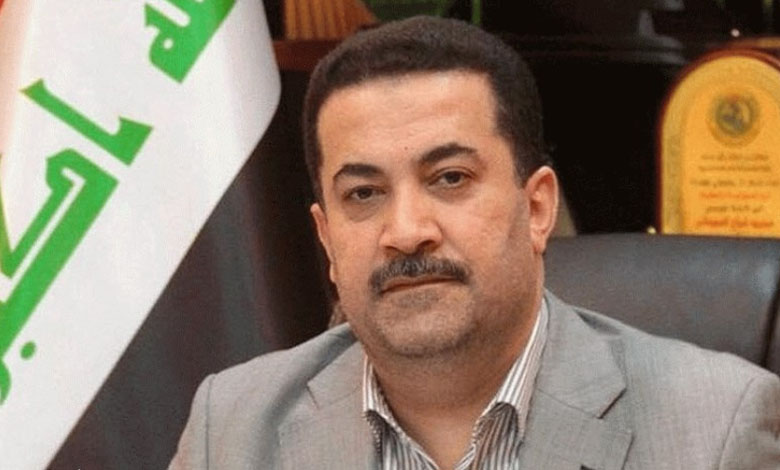Iraq – US reports show the extent of Iran’s penetration of Al Sudani government

The administration of American President Joe Biden informed the new Iraqi Prime Minister, Mohammed Shia’ Al Sudani, that it will not deal with ministers and senior officials from factions that Washington has classified as terrorist. Informed sources revealed that among those ministers that the Biden administration has indeed decided not to deal with, is the new Minister of Higher Education, who they said belongs to Asa’ib Ahl al-Haq.
The sources also confirmed that the United States is concerned about the appointment of Al Sudani as head of his media office, who previously worked with media outlets affiliated with Asa’ib Ahl al-Haq and the Hezbollah Brigades in Iraq.
Iranian incursion
For its part, the Iraqi News Agency quoted a government source as saying: There is no truth to the rumors that the Americans sent messages to Prime Minister Mohammed Shia’ Al Sudani not to deal with some ministers. The source said: Those who spread such news “have goals that have become clear and known to everyone,” The Iraqi Prime Minister appointed a journalist close to Asa’ib Ahl al-Haq, led by Qais al-Khazali, as the director of his media office. Journalist Rabih Nader served as program manager for Alahad TV Channel, which is affiliated with Asa’ib Ahl Al-Haq. He also worked for Iraqi stations and media outlets very close to what is known today as the pro-Iranian “coordination framework,” but what is remarkable about his career is that he moved from the Alahad TV channel, which is affiliated with Asa’ib Ahl al-Haq, to the office of former Prime Minister Adil Abdul-Mahdi, to work in his media office at the time of the outbreak of the protest movement in 2019.
Solidarity framework
In the same context, sources confirmed that Al Sudani government in Iraq has been placed in a framework that shows it is a government of solidarity between Shiites, Sunnis, and Kurds. However, it gives Iran an important opportunity to exercise its influence in Iraq, and despite the delay in the disclosure of all the agreements that resulted from this new alliance between Kurds and Sunnis and the “coordination framework,” some details of the priorities of the alliance were revealed. In general, the alliance has set several goals such as combating corruption, implementing reforms, rebalancing Iraq’s relations with the countries of the region, modifying or changing the electoral system, and focusing on the consensus among the Iraqi factions. Al Sudani highlighted these points again during its presentation of its ministerial program to the parliament.












